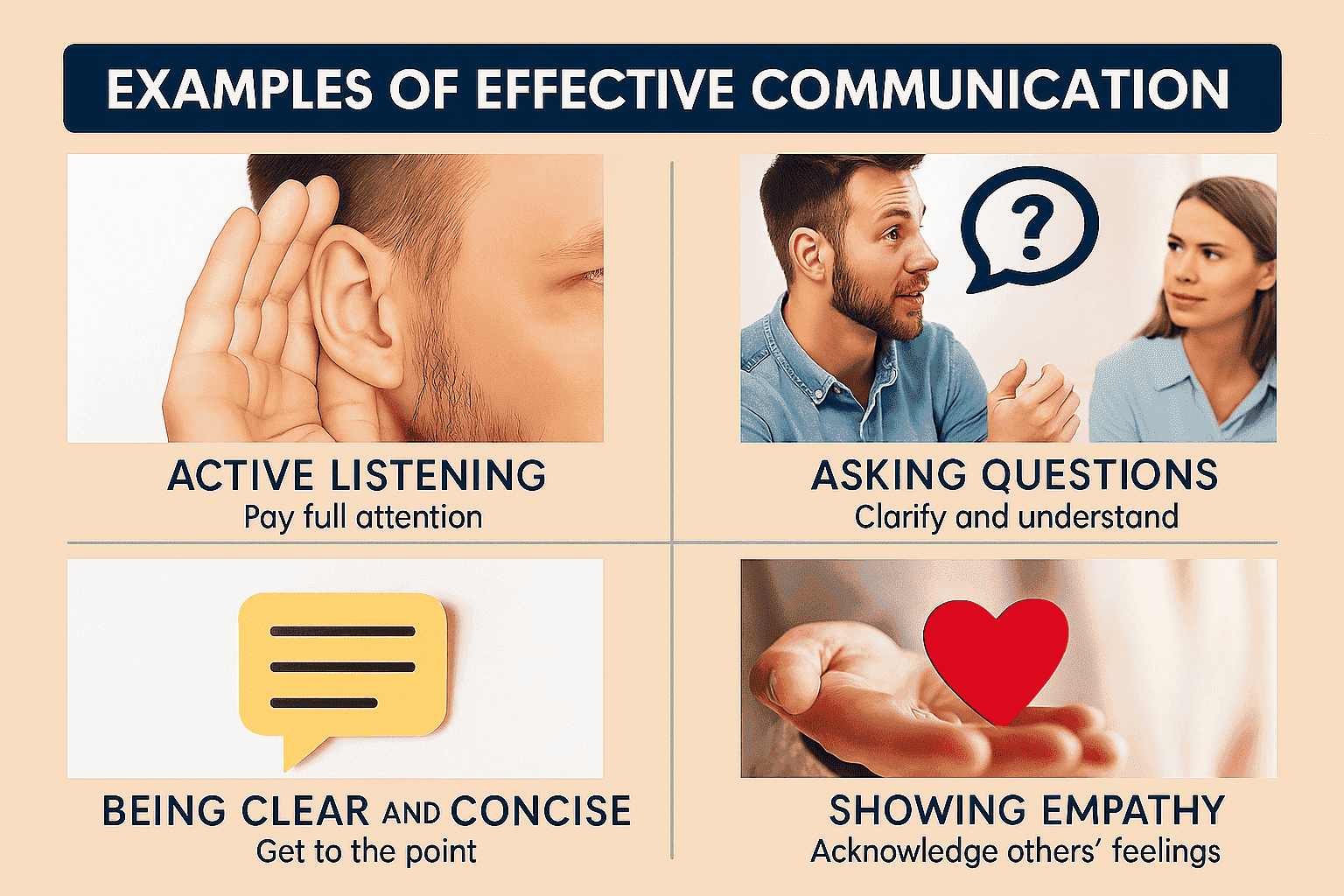Effective Communication in the Workplace: Insights from a Therapist

As a therapist, I often hear clients share stories about stress at work. Some describe feeling misunderstood in meetings, others worry about tension with colleagues, and many feel the weight of miscommunication with managers. These challenges can leave people feeling frustrated, anxious, or even burned out. What I want you to know is this: you’re not alone. Struggles around workplace communication are common, and they can deeply affect both your professional life and your emotional well-being.
In this article, I’d like to offer a therapist’s perspective on effective communication in the workplace—why it matters, what often gets in the way, and how you can build healthier, more supportive interactions with the people you work with.
Why Communication Feels So Hard at Work
It’s easy to assume that communication is simply about words. Yet in reality, it’s about much more—tone, timing, body language, and even unspoken expectations. At work, these layers become even more complicated because of the following factors:
- Different communication styles: Some people are direct, others are more reserved. A straightforward comment meant as efficiency can sometimes feel harsh to someone more sensitive.
- Stress and pressure: Deadlines, high workloads, and unclear expectations can make people less patient and more reactive.
- Power dynamics: It’s natural to feel nervous when speaking up to a supervisor or in a team setting, especially if past experiences left you feeling dismissed.
If you’ve ever left a meeting replaying conversations in your head, wondering if you “said the wrong thing” or why a colleague reacted sharply, you’re not alone. Therapy often reveals how these patterns create stress cycles that spill over into self-esteem, relationships, and even physical health.
What Effective Communication Looks Like
So, what does healthier workplace communication actually look like? It’s not about speaking perfectly or always agreeing—it’s about clarity, respect, and connection.
- Active listening: Instead of thinking about what to say next, you focus on truly hearing the other person. That means making eye contact, acknowledging their perspective, and reflecting back what you’ve understood.
- Clear expression: Sharing your thoughts in a way that’s direct but respectful helps prevent misunderstandings. Using “I” statements (“I feel concerned when deadlines shift suddenly…”) often works better than blame (“You always change things last minute”).
- Emotional awareness: Recognizing how emotions—both yours and theirs—shape a conversation allows you to respond thoughtfully instead of reacting impulsively.
When practiced consistently, these skills can reduce tension and foster trust among colleagues. In my work with clients, I’ve seen how even small shifts in communication can improve team morale and personal confidence.

Common Barriers to Communication
Before new habits can take root, it’s important to acknowledge the barriers many people face. Some of the most frequent challenges I hear in therapy include:
- Fear of conflict: Many people avoid speaking up because they don’t want to upset anyone. Ironically, silence often leads to bigger conflicts later.
- Unclear expectations: Without clarity about roles or goals, team members may make assumptions that create unnecessary friction.
- Workplace culture: In some environments, open communication simply isn’t modeled or encouraged, making it harder for individuals to take the first step.
Recognizing these barriers doesn’t mean communication is hopeless—it means you can begin addressing them directly. Sometimes this involves learning new strategies; other times it requires deeper reflection on how past experiences influence your present-day workplace interactions.
Mental Health and the Workplace
Communication isn’t just a “soft skill.” It has real consequences for mental health. When communication is poor, it often leads to chronic stress, feelings of isolation, and even symptoms of anxiety or depression. On the other hand, effective communication in the workplace can help people feel valued, supported, and part of a team.
Think of it this way: a workplace with open, respectful dialogue creates a sense of safety. You’re more likely to share new ideas, admit when you need help, and trust that conflicts can be resolved fairly. This sense of security is not only good for productivity—it’s vital for emotional well-being.
Practical Strategies You Can Try
If you’re reading this and wondering how to improve communication in your own workplace, here are a few therapist-recommended practices:
- Pause before reacting: A short breath or moment of reflection can prevent an impulsive reply you may regret later.
- Clarify rather than assume: If something feels unclear, ask questions rather than filling in the blanks.
- Set boundaries gently: It’s okay to say, “I need time to think about this,” or “Can we revisit this tomorrow?” Boundaries actually support clearer communication.
- Seek feedback: Sometimes asking, “Did that make sense?” or “How did you hear what I said?” can bridge gaps in understanding.
These strategies may sound simple, but applied consistently, they can shift the culture of a team and reduce interpersonal stress.

When Therapy Can Help
Sometimes, despite our best efforts, workplace communication remains challenging. You may find yourself stuck in cycles of misunderstanding, feeling undervalued, or unable to express your needs without anxiety. In those moments, therapy can provide a safe space to explore these patterns.
Together, we can uncover where these difficulties stem from—whether past experiences, self-doubt, or current workplace dynamics—and develop tools that help you navigate them more confidently. Working on effective communication in the workplace is not only about professional success; it’s about feeling empowered and emotionally grounded in an environment that takes up a significant part of your life.
Conclusion
If communication challenges at work are leaving you drained, please know that change is possible. Building new skills takes practice, but with the right support, you can experience less stress and greater confidence in your workplace interactions. Therapy can be a powerful step toward that change.
If you’d like to explore this further, consider reaching out. Together, we can work on strategies that not only improve effective communication in the workplace but also strengthen your overall well-being.